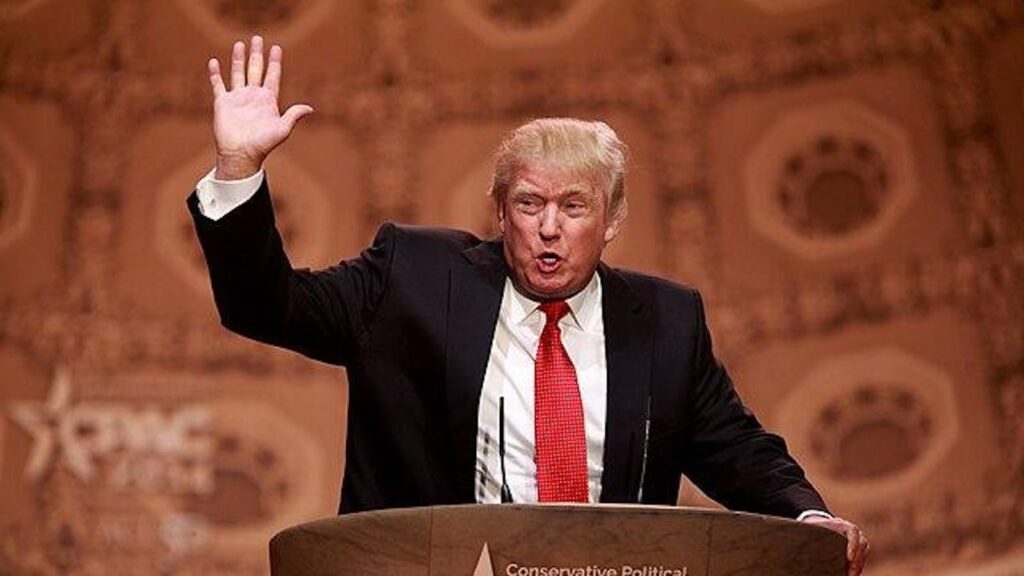The article discusses the debate around labeling President Donald Trump as a “fascist.” While some argue that fascism is characterized by ultranationalism, militarism, and extreme censorship, the author suggests that Trump exhibits tendencies that could lead to fascism, even if he doesn’t fully meet the historical definitions. His rhetoric—including blaming immigrants and Democrats for societal issues—echoes early fascist scapegoating and alienation.
Additionally, Trump’s attacks on free speech and the media, coupled with his violent rhetoric post-2020 election, show parallels with past fascist regimes. Although the author concludes that Trump is not yet a fascist, he is laying a foundation for potential fascism to take root in the U.S. The article emphasizes the dangers of normalizing hate and misinformation in contemporary politics, highlighting the need to recognize the implications of Trump’s actions.



